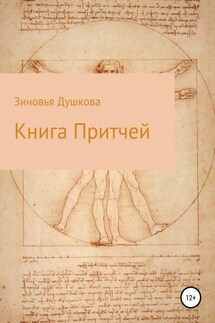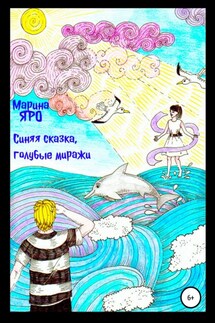Maria (GB English) - страница 12
Chapter XIV
After three days, on coming down from the mountain one evening, I seemed to notice a start in the countenances of the servants whom I met in the inner corridors. My sister told me that Maria had had a nervous attack; and, adding that she was still senseless, endeavoured to soothe my painful anxiety as much as possible.
Forgetting all precaution, I entered the bedchamber where Maria was, and mastering the frenzy that would have made me clasp her to my heart to bring her back to life, I approached her bed in bewilderment. At the foot of it sat my father: he fixed on me one of his intense glances, and then turning it on Mary, seemed to want to remonstrate with me by showing her to me. My mother was there; but she did not raise her eyes to look for me, for, knowing my love, she pitied me as a good mother pities her child, as a good mother pities her own child in a woman loved by her child.
I stood motionless gazing at her, not daring to find out what was wrong with her. She was as if asleep: her face, covered with a deadly pallor, was half hidden by her dishevelled hair, in which the flowers I had given her in the morning had been crumpled; her contracted forehead revealed an unbearable suffering, and a light perspiration moistened her temples; tears had tried to flow from her closed eyes, which glistened on the lashes of her eyelashes.
My father, understanding all my suffering, rose to his feet to retire; but before leaving, he approached the bed, and taking Mary's pulse, said:
–It's all over. Poor child! It is exactly the same evil that her mother suffered from.
Mary's bosom rose slowly as if to form a sob, and returning to its natural state, she exhaled only a sigh. My father being gone, I placed myself at the head of the bed, and forgetting my mother and Emma, who remained silent, I took one of Maria's hands from the cushion, and bathed it in the torrent of my tears hitherto restrained. It measured all my misfortune: it was the same malady as her mother's, who had died very young, attacked by an incurable epilepsy. This idea took possession of my whole being to break it.
I felt some movement in that inert hand, to which my breath could not return the warmth. Mary was already beginning to breathe more freely, and her lips seemed to struggle to utter a word. She moved her head from side to side, as if trying to throw off an overwhelming weight. After a moment's repose, she stammered unintelligible words, but at last my name was clearly perceived among them. As I stood, my gaze devouring her, perhaps I pressed my hands too tightly in hers, perhaps my lips called out to her. She slowly opened her eyes, as if wounded by an intense light, and fixed them on me, making an effort to recognise me. Half sitting up a moment later, "What is it?" she said, drawing me aside; "What has happened to me?" she continued, turning to my mother. We tried to reassure her, and with an accent in which there was something of remonstrance, which I could not at the time explain to myself, she added, "You see, I was afraid.
She was, after the access, in pain and deeply saddened. I returned in the evening to see her, when the etiquette established in such cases by my father permitted it. As I bade her farewell, holding my hand for a moment, she said, "See you to-morrow," and emphasised this last word as she used to do whenever our conversation was interrupted in some evening, looking forward to the next day for us to conclude it.









